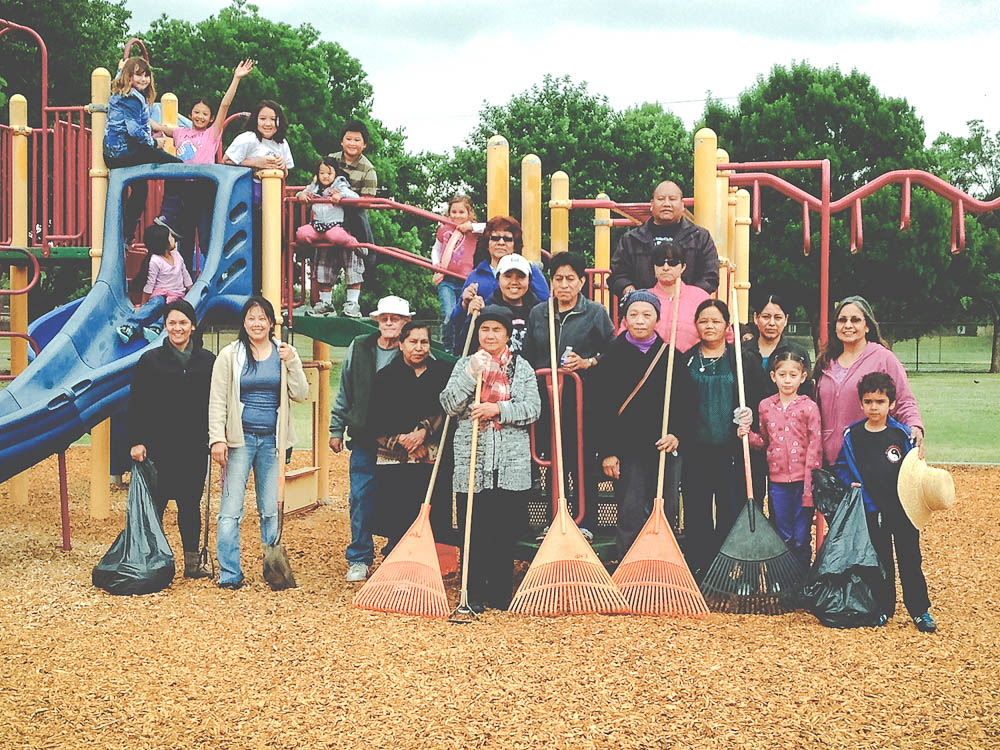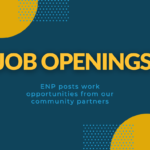This blog is used by permission from Stan of Neighborhood Transformation. See original post and blog here. Garold Elston of Neighborhood Transformation will be hosting our upcoming 20/Twenty on Jan 14th. Click here to learn more and register.
For transformation to take place people and neighborhoods must decide they want something different than what they currently have. Then they must care enough that they are willing to do something about it to see the change take place. If that desire and action are not there then no matter what we do for others might be good, but generally transformation does not take place. Transformation comes from inside people themselves and neighborhoods.
But we as Western Christians are focused on doing things for others. People might say sure I would like that and gratefully accept whatever we do for them but does that transform them or their neighborhood? The answer is No.
There are three ways of helping people and neighborhoods
Relief. Doing Things for People.
Provides assistance without addressing long-term needs nor using assets found in the people or neighborhood
Betterment or Mentoring Individuals to Change Things they Want to Change.
Tend to create short-term positive, caring beneficial environments and relationships that offer participants respite or positive experiences. It deals with what the person wants to change
Transformation of Individuals and Neighborhoods.
That is wholistic and is sustainable focuses on measured changes in knowledge, skills abilities or conditions of the participants that when combined together sees their neighborhood transformed from the inside. It is multiplying as Jesus told his disciples to do in II Tim 2:2.
An Approach that Fosters Transformation
- It is a people-oriented, relationship building process.
- It is designed to identify assets within the neighborhood found in individuals, associations, and institutions, and identifies which of those assets they are willing to share.
- Once the assets are identified, you begin to link the people you have been building relationships with, to the assets that would empower them.
- It is based on neighbors helping neighbors, not being dependent on professionals to do things for them.
- It is designed to build up internal and external abilities.
- It is designed to be sustainable.
- It is primarily a grass-root, bottom-up process which requires a person to act as a catalyst and facilitator.
- It is a gradual learning process progressing from the simple to the more complex and from the known to the unknown.
- It works primarily with individuals and households and then impacts the neighborhood as a whole
- It is greater than the sum of its parts.
- It requires a moral and ethical focus for relationships to grow, which results from establishing trust.
- These ethical values are based on absolutes that do not change but are the same year-after- year. This is based on God’s Word, the Bible.
There is a place for doing all three but we find most groups are doing relief which fosters dependency What are you doing in your ministry Relief, Betterment or Transformation? Make up a worksheet you can see what your church or organization is doing. It will have the following headings
Worksheet for Existing Community Ministry
| Ministry | What Do | Location | Leader | How Church Assists
(Financial, Church Member on Own, Provides Volunteers) |
Relief / Betterment / Development |
Join us next week on Jan 14th from 8.30am-12.30 to learn more about these concepts.







Leave a Reply